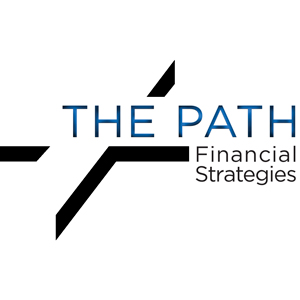Home refinancing should not be based solely on an interest rate, nor driven by the prospect of an early pay-off alone.
For many homeowners, not a week passes without this question: Should I refinance? Today’s lower interest rates make mortgage refinancing attractive, but is it best for you and your family? Following are a few questions to consider before crunching the numbers and starting the process.
Why are you refinancing? Are you doing it to lower your monthly payment, to pay off your loan sooner, or to get rid of private mortgage insurance (PMI)? How long have you had the mortgage? Do you plan on remaining in your home at least another five years? What is the estimated refinancing cost overall, including processing fees, broker commissions, and total interest?
Your response to the first question – Why refinance? – is critical. Refinancing your mortgage loan may make sense if you want to lower your monthly payment and you expect to stay in the home for a while.However, if you simply want to pay off your loan earlier, refinancing could be the wrong decision and perhaps a costly mistake.Mortgage loans are front-end loaded, meaning the first several years you pay primarily loan interest. The key is knowing when and how to pay it off.
Here is a hypothetical example for illustrative purposes: With a fixed rate mortgage of $200,000 at an interest rate of 4.5 percent over thirty years, the loan’s fixed payment is $8,000.04 per year. This sum covers principal and interest only; it doesn’t include escrow payment or PMI if required. At the end of the first year, the principal balance is reduced to $196,773.56. In the seventh year the payment remains the same, and the balance is $174,052.69. By the eighth year the payment is still unchanged, but the balance is further reduced to $169,634.23. The balance difference between the seventh and eighth year is $4,418.46, demonstrating that the longer you hold the mortgage the greater the impact of each monthly payment, especially in the final phase of the loan. Refinancing late in the game would incur another front-loaded mortgage. So if reducing the loan duration is your goal, consider another method, such as additional monthly payments, if the lender does not impose restrictions on prepayment. You can run different scenarios using financial calculators found on the Internet, such as dinkytown.com, to help determine which option makes sense for you.
If you decide to refinance your loan, remember that nothing in life is free. If you try to obtain brokerage services for nothing, quite often that is exactly what you get.
The bank or broker you work with depends on some form of compensation, and the method typically varies with the type of refinancing. One straight-forward approach lists the broker fee as part of a good faith estimate. Another compensation format incorporates fees in the interest rate that is credited to the loan. Make sure you fully understand all that is involved – including incentive offers at closing that sometimes have broker commissions rolled into the amount. Ask questions, get a second opinion from an expert in the field, and be willing to pay your broker to do what is best for you.
Your home is probably one of your most valued possessions, so don’t devalue it through a poor financial decision. Carefully consider why, when, and how much the refinancing could actually cost. This process will encourage you to take your time and do the research to determine whether refinancing is the right move for you.




